Blogs and Free Resources
Here at ∫⁄¡œÕ¯, our mission is to provide professionals like you with FREE practical and valuable tools, strategies,
and resources to assist with the great work you do. Find expert tips, helpful worksheets, demonstration videos, CE, news,
and more here. Happy learning!
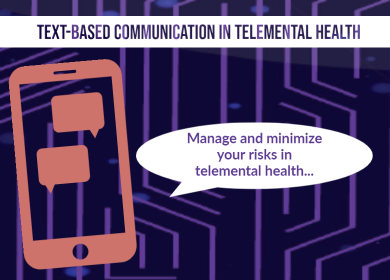
Text-Based Communication in Telemental Health
Knowing and Minimizing the Risks
The sudden rise in the use of technology to provide mental health services has required many clinicians to navigate this new way of providing care. Part of this learning curve involves recognizing how to manage and minimize any associated risks.
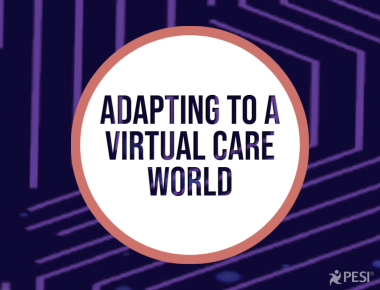
Adapting to a Virtual Care World
New Guidelines and the Benefits of Telemental Health
Telemental health, with its many benefits, has transformed the way we provide patient services. This has resulted in changes to practice guidelines that will inform how we continue to offer virtual treatment in the years to come.

Wired for Fear
Recognizing Toxic Stress in the Classroom
Students who have been exposed to toxic stress are wired for fear: They live in a state of constant nervous system activation that often shows up in the classroom as challenging or disruptive behavior. When you learn to recognize these signs of fight, flight, or freeze, you can respond in a more compassionate and trauma-informed manner.
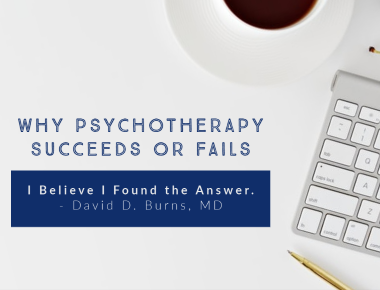
Why Psychotherapy Succeeds or Fails—I Believe I Found the Answer. David D. Burns, MD
This is an excerpt from Feeling Great by David D. Burns, MD
Here's Dr. David Burns on how you can eliminate resistance and improve treatment outcomes.

The Four Therapeutic R’s
A Multimodal Approach for Treating Shame
Through the lens of polyvagal theory, you can help clients regulate their autonomic nervous system and achieve a sense of safety with a shame-informed approach to therapy.
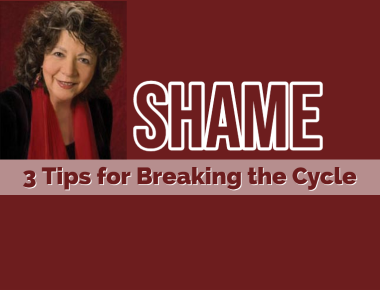
Shame: 3 Tips for Breaking the Cycle
Dr. Janina Fisher shares 3 interventions drawn from neurobiologically-oriented therapies. (She'll also show you when it's ok to break the 11th commandment.)
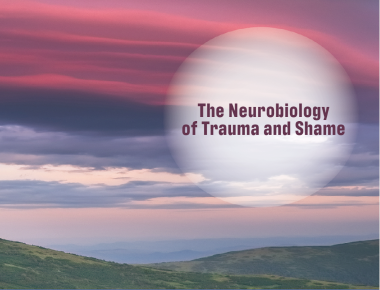
The Neurobiology of Trauma and Shame
Uncovering Shame-Based Beliefs
It can be challenging to bring unconscious shame-based beliefs to the surface, but with the right tools, you can help clients excavate the parts of themselves that have been hidden under their core shame identity.
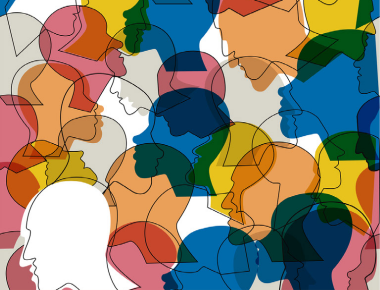
6 Step IFS Process to Jumpstart Healing
Plus a FREE IFS worksheet!
Frank Anderson - Use this simple exercise from the evidence-based Internal Family Systems model to help your clients understand and work with their internal parts — so they can begin the deep healing process that traumatic wounds require.
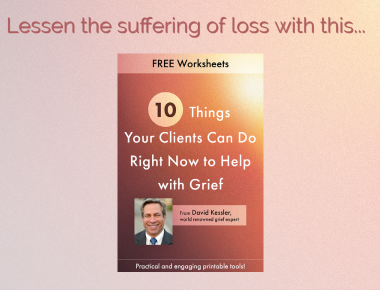
10 Things Your Clients Can Do Right Now to Help with Grief
David Kessler reveals small steps clients can take to lessen their suffering.
Discover 10 small, simple things grieving clients can do right now to get “unstuck” from the suffering of loss.
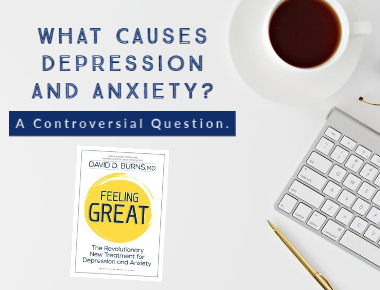
What Causes Depression and Anxiety? A Controversial Question.
This is an excerpt from Feeling Great by David D. Burns, MD
Stop feeling depressed, unhappy or anxious. You can CHANGE the way you FEEL!

